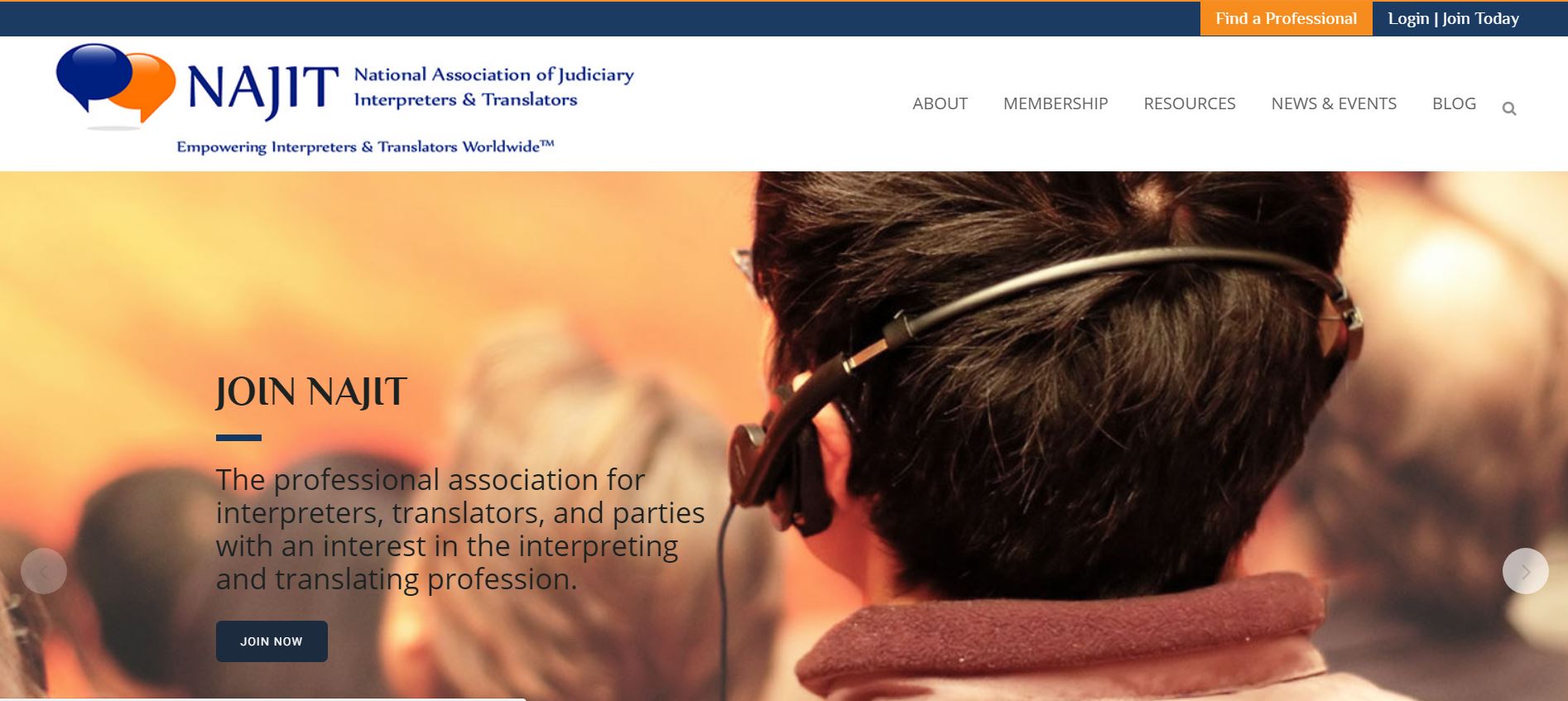The Couch – A few questions about scheduling depositions
There is a new colleague on The Couch. Read the post and see if you can lend a hand. Please note: all contributions should be sent to the Editor and not entered in the comments. We will make sure that all data that might make the...









